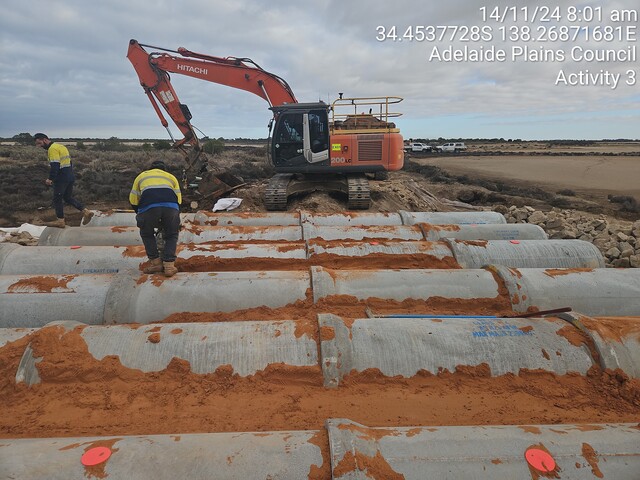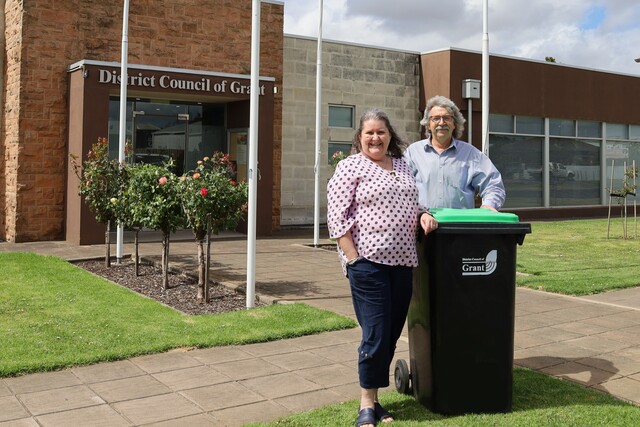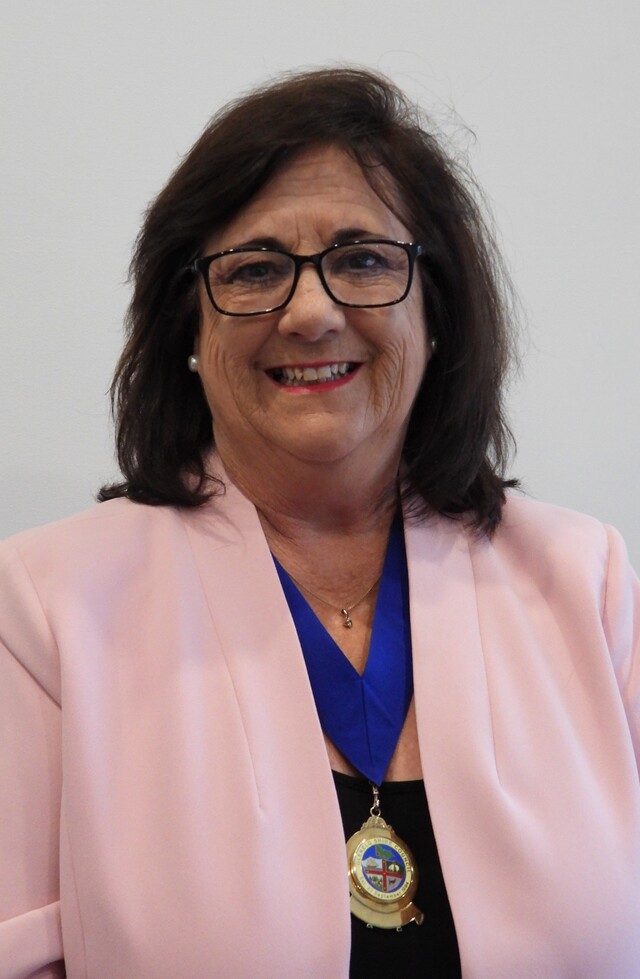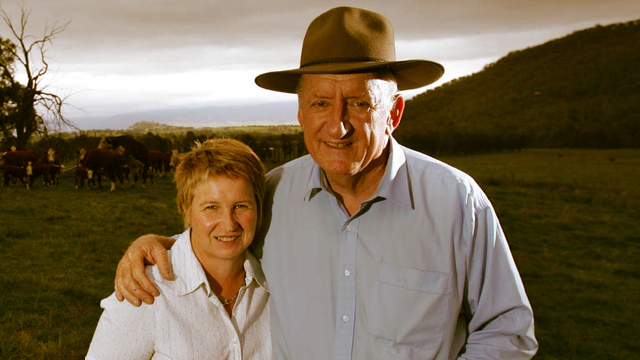In each edition we feature the views of a Local Government Association president. The following is from Councillor Rose Iser, President of the Victorian Local Governance Association (VLGA).
After successive reforms, Victorian councils now have a much wider scope to improve the overall quality of life for people in our local communities.
This new era for councils demands even stronger and more meaningful partnerships with communities, and with other spheres of Government. This has been the cornerstone of the VLGA’s mission for councillors, community leaders and councils to strengthen their capacity to work together for progressive social change.
Our 57 council members and over 200 community group and individual members seek our support and advocacy on issues and exciting challenges such as human rights training for councils, researching food security for communities faced with environmental and financial challenges, women’s policy issues, reconciliation between Indigenous and non-Indigenous people, and supporting Timor-Leste friendship groups.
We also strongly defend the role and independence of councils and communities to have a meaningful say in decisions affecting them, such as planning reforms, transport and other infrastructure changes.
While not wanting to be negative, it has to be said that we have seen a sustained and calculated reprimand at the State level: a clampdown on conflict of interests, a local council sacked, a new Municipal Inspectorate with powers to investigate, and repeated planning decisions called in from local decision makers. The attention could be considered flattering!
The paradox is that councils are the best friends of a State requiring urgent action on climate change, economic sustainability and community safety and cohesion.
Elected councillors and officers working well with their communities are the institutions in which social inclusion, community planning and localised action can be successfully launched.
We see this in the myriad actions and projects emanating from the sector.
As the VLGA has travelled across Victoria visiting nearly all 79 councils, we have seen examples of great capacity to respond to challenges through community planning, meaningful consultation, action on sustainability, economic initiatives and earnest and ongoing efforts to solve local disputes and meet local needs.
Some of the most challenging issues facing Victorians are not easily addressed by top down, prescriptive solutions.
Obviously, this year has required great fortitude from the 20 councils directly affected by the brutal fires of February 2009. The VLGA continues to work with councillors who have shown local leadership under unexpected pressure and with communities ravaged by loss of life and property.
Communities and councils are able to adapt to change, as has been seen over a relatively short time in Victoria.
We will continue to remind our State and Federal counterparts that, properly resourced and supported, councils are the best vehicle to represent local needs, implement targeted programs and see the sorts of imaginative social change that will lead to fairer, safer and connected local communities.







